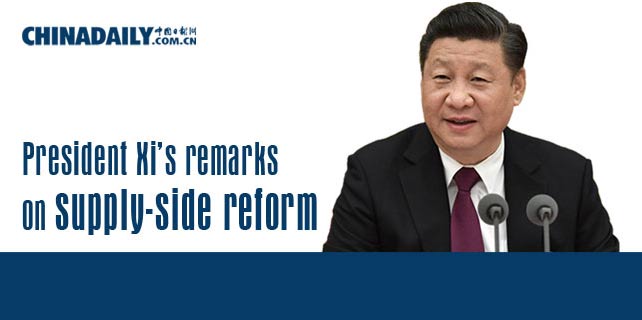Cross-border e-commerce offers rich pickings
Cross-border e-commerce is proving to be a new breakthrough in the country's foreign trade development, but bottlenecks still exist and the government needs to make clear the responsibilities of players, including exporters and platform operators, said business executives attending the ongoing session of the National People's Congress.
"Cross-border e-commerce is promising. Market demand is high," said Zhou Yunjie, president of Haier, China's leading home appliance manufacturer.
However, he said that more efforts still need to be made to connect customers and retailers. "Many enterprises don't know where the potential customers are, and many potential customers don't know where to find high-quality products."
Currently in China, companies with customs clearance should bear responsibility for the exported commodities, but on many occasions e-commerce platform operators shoulder the responsibility when problems arise.
This means that the platform operators often spend a great deal of time in disputes with exporters on responsibility issues, said Zhou.
A system which can clarify the responsibilities of exporters and platform operators will benefit both sides, he added.
In April 2015, Haier invested 50 million yuan ($7.2 million) and launched the B2B cross-border e-commerce platform TRADSO. Zhou said while a great deal of attention is now being paid to the customer side of B2C, most cross-border e-commerce is B2B.
Haier already has many industrial parks and warehouses overseas, and plans to build more as cross-border e-commerce develops.
Zhou said China's Belt and Road Initiative offered a good policy environment and Haier will integrate its operations in Central Asia with the initiative.
Zhang Jianhua, chairman of Hiking Group, a leading international trade company in Shandong province, said cross-border e-commerce is important in upgrading international trade.
In traditional trade, foreign customers have to pay several times the cost price to buy Chinese commodities. For example, the cost of a US football uniform is 50 yuan, but the price will jump to 195 yuan by the time it reaches US retailers.
If the item can be sold via a cross-border e-commerce platform directly to customers in the United States, the price would be about 60 to 80 yuan.
Hiking Group has 14 overseas warehouses, in countries including the United Kingdom, the US and Russia. "With the help of big data, we can predict sales trends in certain countries and transport the commodities there in advance. Foreign customers could even get what they buy the same day after they place an order," Zhang said.
More importance will be attached to economies related to Belt and Road Initiative as his company is trying to merge companies which have been performing well in cross-border e-commerce, he said.









